Ever watched your cat gaze at you from across the room, eyes wide and tail curled tightly around their paws, and wondered if there’s more you could do to make them feel safe? Cats are mysterious, sometimes aloof, and often misunderstood. While they might not always seek out physical affection, their need for security runs deep. The great news? There are so many creative, hands-off ways to help your feline friend feel truly at home. Whether you have a shy rescue, a new kitten, or just a cat who prefers their personal space, these strategies will make a world of difference. Ready to strengthen your bond without a single pat or cuddle? Let’s dive right in.
Designate a Safe Space

Every cat craves a territory of their own, a special place where the world feels manageable. You can set up a cozy nook in a quiet corner, perhaps with a soft blanket or even a cardboard box—it doesn’t have to be fancy. Make sure this spot is away from noisy appliances or heavy foot traffic, giving your cat the tranquility they need. Over time, your cat will gravitate toward this safe zone whenever they feel overwhelmed. Just seeing their familiar items in one place can be incredibly calming. Try not to disturb them when they retreat here; it’s their sanctuary. This simple act shows your cat you respect their boundaries, which builds trust. Think of it as giving your cat their very own “do not disturb” sign.
Maintain a Consistent Routine

Cats are creatures of habit, and a predictable routine can soothe even the most anxious feline. Feed your cat at the same times each day, and stick to regular playtimes if possible. Even the smallest changes, like moving the food bowl or altering the schedule, can cause unnecessary stress. When your cat knows what to expect, their confidence grows. It’s like the comfort you feel when you know what’s coming next—familiarity breeds security. Pay attention to daily rituals your cat already enjoys and build on them. This doesn’t mean life must become rigid, but a little structure goes a long way for your furry friend. Consistency is the invisible hug your cat can always count on.
Use Calming Scents and Pheromones
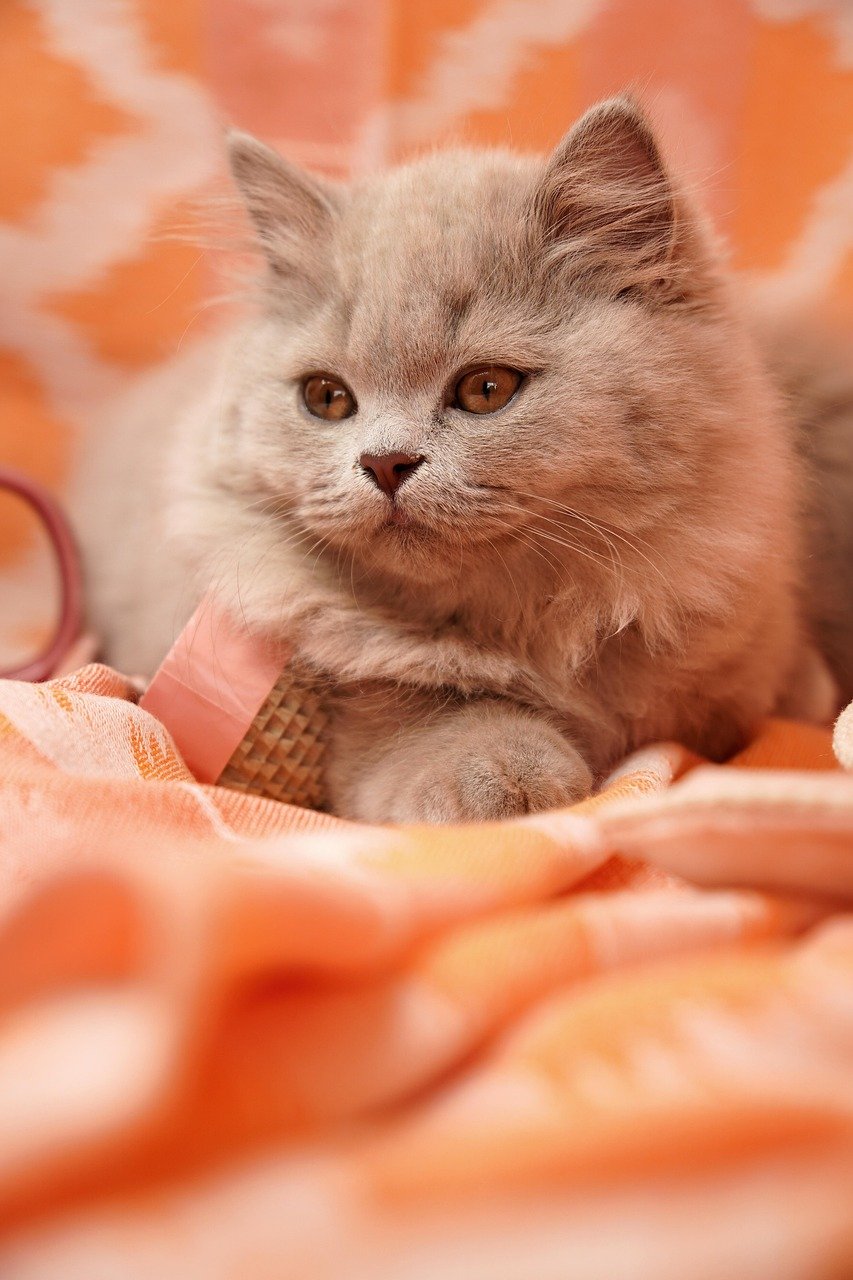
Scents are a big deal in your cat’s world. Special calming sprays or diffusers designed for cats can make a subtle but powerful difference. These products mimic the natural pheromones that mother cats produce to comfort their kittens. Plug one in near their favorite lounging spot and watch as your cat visibly relaxes. You can also try placing a worn T-shirt of yours nearby—your familiar scent is often reassuring to them. Avoid using strong perfumes or scented candles, as these can be overwhelming. Think of these calming scents as a gentle, invisible blanket, soothing your cat from a distance. Sometimes, comfort is just a whiff away.
Offer Elevated Hideouts
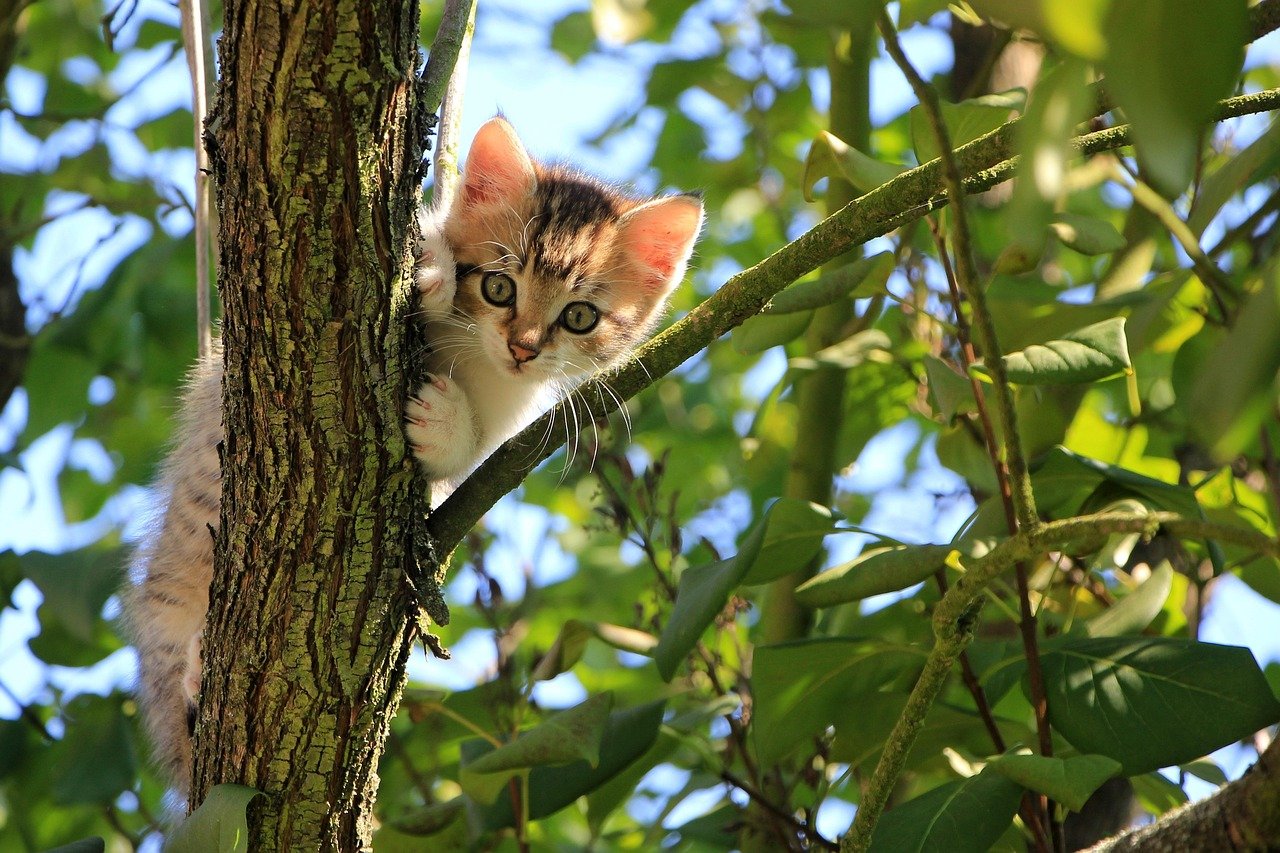
Cats have a natural instinct to climb and perch above ground level, where they feel safer and can observe their environment. Place a cat tree, wall shelf, or even a cleared-off bookshelf where your cat can climb up and survey their kingdom. These high-up spots give them the choice to be near you, but not in the thick of things. If you’ve ever wished you could just “disappear” into a safe corner, your cat feels the same way sometimes. Elevated hideouts can dramatically reduce stress, especially in homes with kids or other pets. The next time your cat is perched overhead, know they’re not ignoring you—they’re simply feeling safe. Let them enjoy their bird’s-eye view in peace.
Keep Noise Levels Low

Sudden, loud noises can send even the bravest cat bolting for cover. Try to keep your home’s noise level gentle and predictable. If you’re vacuuming or having guests over, warn your cat by gently closing the door to their safe space or putting on some soft music to muffle the chaos. Avoid sudden bursts of laughter or shouting near your cat, especially if they’re already skittish. Imagine how you’d feel if someone set off fireworks in your living room—your cat’s hearing is much more sensitive than yours! Consider placing soft rugs and curtains around the house to help absorb sound. The quieter the environment, the more likely your cat will relax and show their true, quirky personality.
Provide Visual Barriers
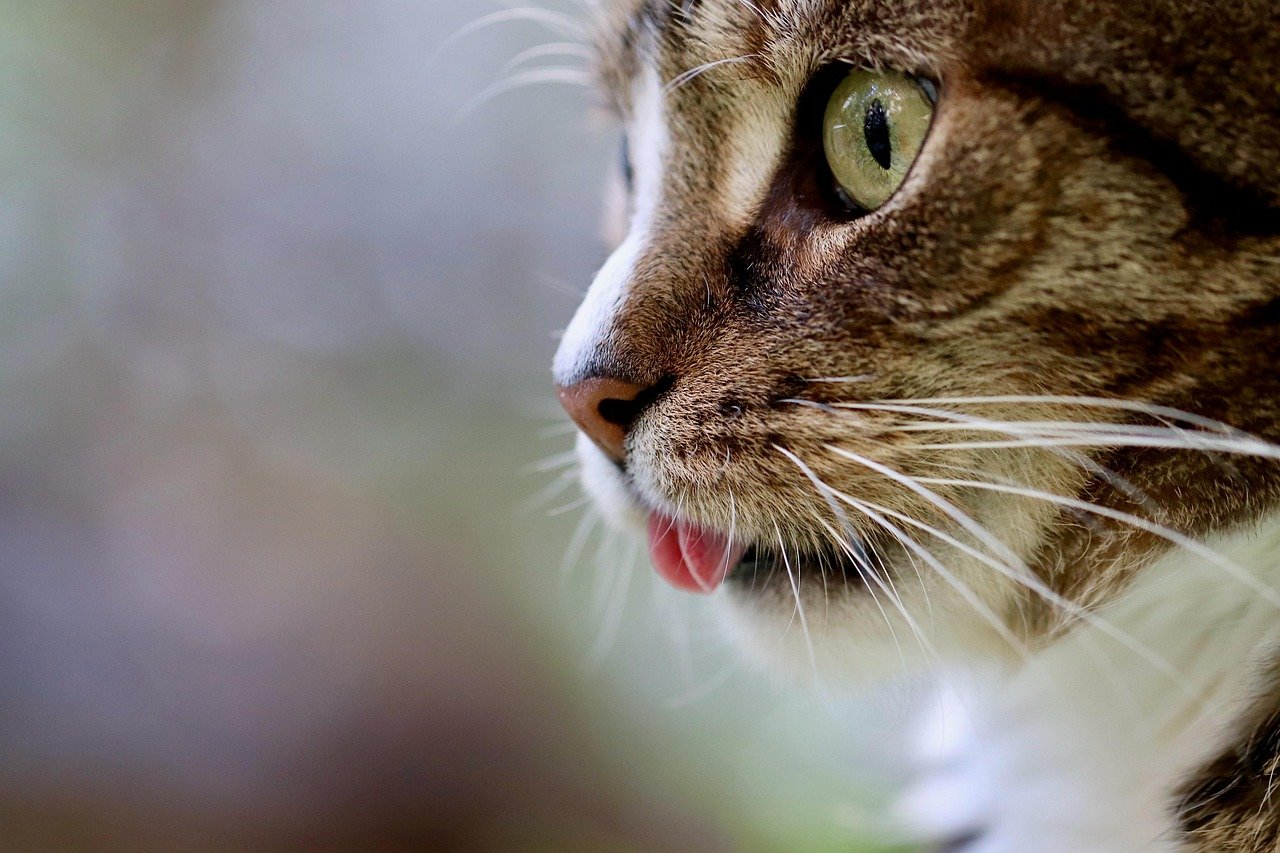
Sometimes cats need to “disappear” without actually leaving the room. Visual barriers—like a strategically placed plant, curtain, or even a piece of furniture—can give your cat the privacy they crave. If you live in a busy household, this can be a game-changer. Your cat can watch the world go by while feeling invisible from prying eyes. It’s like having a secret hideout as a kid—a place where you can spy but not be seen. Make sure your cat has access to these cozy nooks, especially if you have guests over. The ability to retreat behind a barrier is a small comfort that means a lot to your cat.
Respect Their Body Language

Learning to “listen” to your cat without words is a true art. Watch for signs like flattened ears, swishing tails, or wide eyes—these mean your cat isn’t comfortable. If your cat seems on edge, give them space and let them approach you in their own time. It’s easy to want to scoop them up and reassure them, but this can actually make things worse. Instead, show your cat that you’re paying attention and respecting their signals. It’s like being in a crowded room and someone notices you want to leave—they step aside and let you through. Over time, your cat will trust you more, knowing you “get” their language.
Reward Calm Behavior

If you catch your cat being relaxed or brave—maybe lounging in a new room or calmly watching out the window—reward them with their favorite treat or a soft word of praise. Positive reinforcement helps your cat associate feeling safe with good things happening. This is especially important for shy or anxious cats. Keep treats handy and use a soft, steady voice to encourage them when they’re at ease. Think of it as quietly cheering for someone who’s just conquered a fear. Never force your cat to engage, but let them know you notice and appreciate their moments of courage.
Play With Interactive Toys

Cats love to chase, pounce, and stalk, but not every cat wants to be petted or held. Wand toys, laser pointers, and treat puzzles let you bond without physical contact, giving your cat a sense of control and accomplishment. These games mimic hunting, which is incredibly satisfying for them. Set aside a few minutes each day for these activities, but let your cat decide how much they want to participate. If they lose interest, don’t push it—just try again later. Watching your cat’s eyes light up during play is a joy, and they’ll associate you with fun, not just cuddles. Play is the language of trust for many cats.
Speak Softly and Calmly

Your voice can be a powerful comfort to your cat. Even if you’re not touching them, speaking in gentle, steady tones lets them know you’re a safe presence. Avoid shouting or using a harsh tone, as this can make them wary or scared. Reading aloud, singing softly, or simply chatting to your cat as you go about your day can reassure them. Cats quickly pick up on your mood, so try to stay calm and positive. Imagine how you’d feel if a friend always greeted you with a warm, steady hello—it’s the same for your cat. Words can be a gentle hug they feel from across the room.
Place Familiar Items Around

Cats are highly scent-driven, and familiar objects bring comfort. Place their favorite bed, blanket, or toy in multiple rooms so your cat always has something recognizable nearby. Even a small item with their scent can make a big difference. If your cat is new to the house, move their belongings slowly so they don’t feel lost. Think about how you might feel traveling with a beloved pillow or photo—it’s the same principle. These familiar objects act like little beacons of safety, no matter where your cat wanders. Surrounding your cat with what they know helps anchor them in new or stressful situations.
Keep Litter Boxes Accessible and Clean
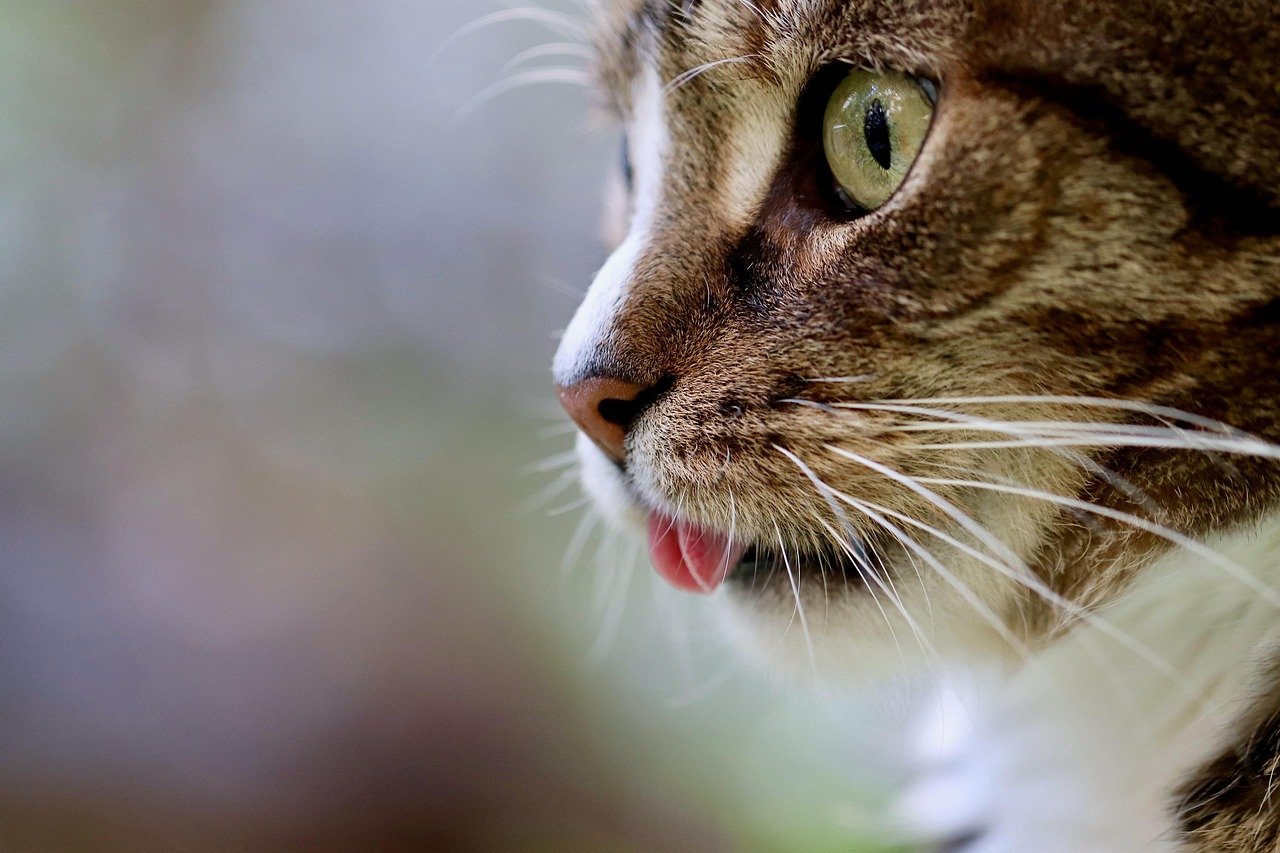
A clean, easy-to-access litter box is about more than hygiene—it’s a cornerstone of cat security. Make sure your cat’s litter box is in a quiet, low-traffic area, and clean it daily to avoid unpleasant smells or stress. If you have more than one cat, provide multiple boxes in different locations. Avoid moving the litter box suddenly, as this can confuse or alarm your cat. A dirty or poorly placed box is a huge source of anxiety, leading to accidents or hiding. Just like you wouldn’t want to use a messy, public restroom, your cat craves privacy and cleanliness. A happy cat starts with a happy bathroom.
Monitor Changes in the Environment

Cats are sensitive to change, whether it’s new furniture, visitors, or even a different detergent. Try to introduce changes slowly, allowing your cat time to adjust. If you’re moving or redecorating, keep their core environment as stable as possible. Watch for signs of stress like hiding or excessive grooming, and be patient as your cat adapts. It’s easy to underestimate how much even small shifts can affect your furry friend. If you must make big changes, use extra calming aids or give them extra privacy. Stability is a gift you can give your cat, helping them feel confident in an ever-changing world.
Allow for Alone Time

Even the friendliest cats need time to themselves. Don’t force interaction or follow them from room to room. Let your cat come to you when they’re ready, and honor their desire for solitude. Alone time is how cats recharge and process their surroundings. It’s a bit like needing a quiet moment after a long day at work—essential and restorative. If you’re worried about your cat being lonely, remember that quality time together, even at a distance, is more valuable than constant attention. Trust your cat’s instincts; they know what they need.
Use Soft Lighting

Harsh overhead lights can make a room feel cold and intimidating, especially to a small animal. Try using lamps, fairy lights, or natural sunlight to create a warm, inviting atmosphere for your cat. Cats often seek out sunbeams or cozy corners to nap in, and soft lighting helps them feel less exposed. Avoid sudden flashes or flickering lights, which can be startling. Think of how much more comfortable you feel in a softly lit room compared to a glaring, fluorescent office. Creating a gentle ambiance is a small touch that makes your cat’s world feel safe and welcoming.
Play Cat-Friendly Music
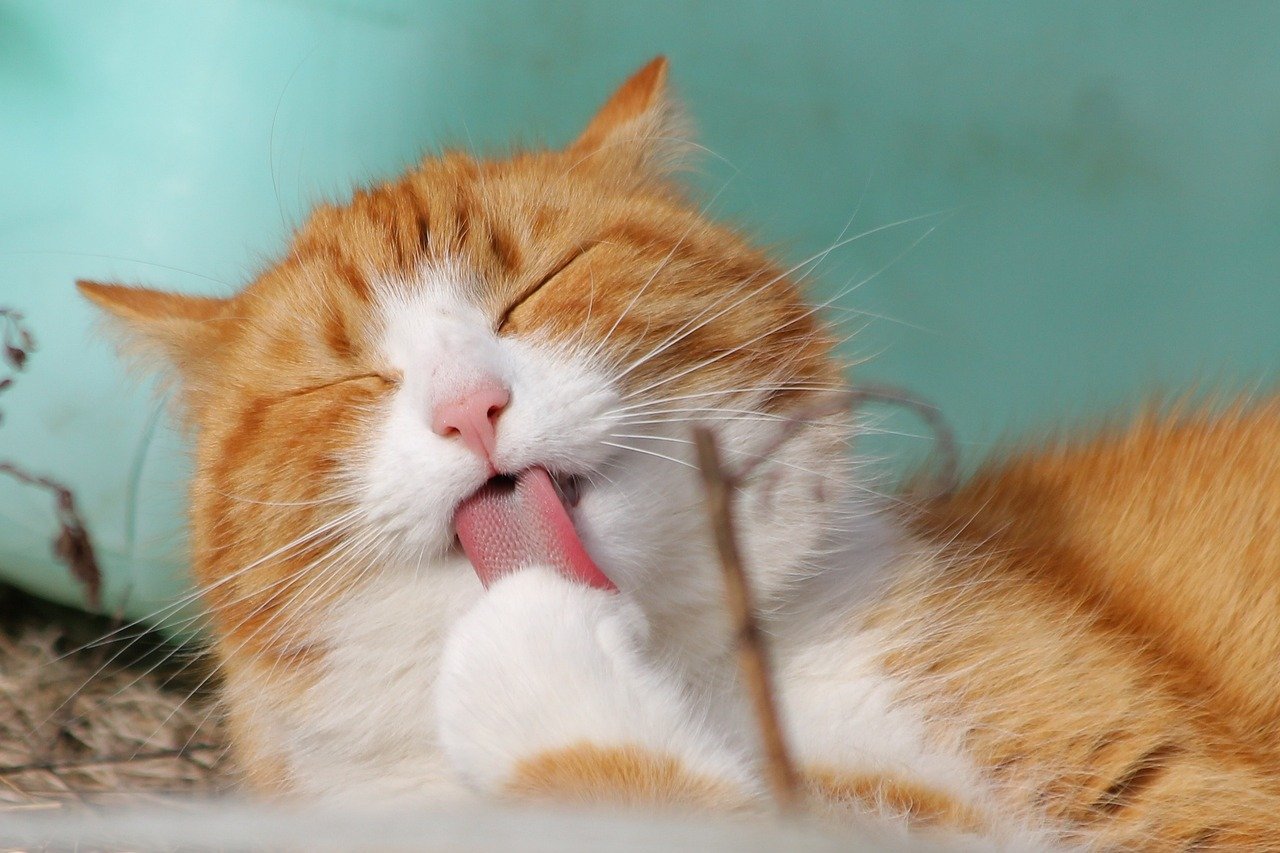
Music specifically designed for cats can have a calming effect, reducing stress and promoting relaxation. Play gentle melodies or nature sounds while you’re away or during busy times in the house. This background noise can mask startling sounds and make your cat feel less alone. Even standard classical music can soothe some cats, especially if played at a low volume. Experiment to see what your cat responds to best—some cats even have strong preferences! Just as music can shift your mood, it can be a lifeline for your cat when the house feels overwhelming.
Encourage Window Watching

A window perch or clear view outside can keep your cat entertained and engaged without direct interaction. Place a comfy bed or ledge by the window, and your cat will spend hours watching birds, squirrels, or just the world go by. This “cat TV” provides mental stimulation and a sense of control over their territory. If you’re worried about safety, use secure screens or limit access to higher floors. Even a simple view of a garden can make your cat feel more connected and less isolated. Watching the world from a safe vantage point is one of life’s simple pleasures for your feline friend.
Rotate Toys and Enrichment Items

Cats can get bored with the same toys day after day. Rotate different toys, scratching posts, and puzzles to keep life interesting. You don’t have to spend a fortune—simple things like crumpled paper, cardboard boxes, or a feather on a string can be endlessly amusing. By changing up their environment, you give your cat new things to explore and “conquer,” boosting their confidence. This variety keeps your cat’s mind sharp and engaged, reducing anxiety and boredom. Think of it as rearranging your living room furniture for a fresh start—it makes everything feel new again.
Offer Food Puzzles
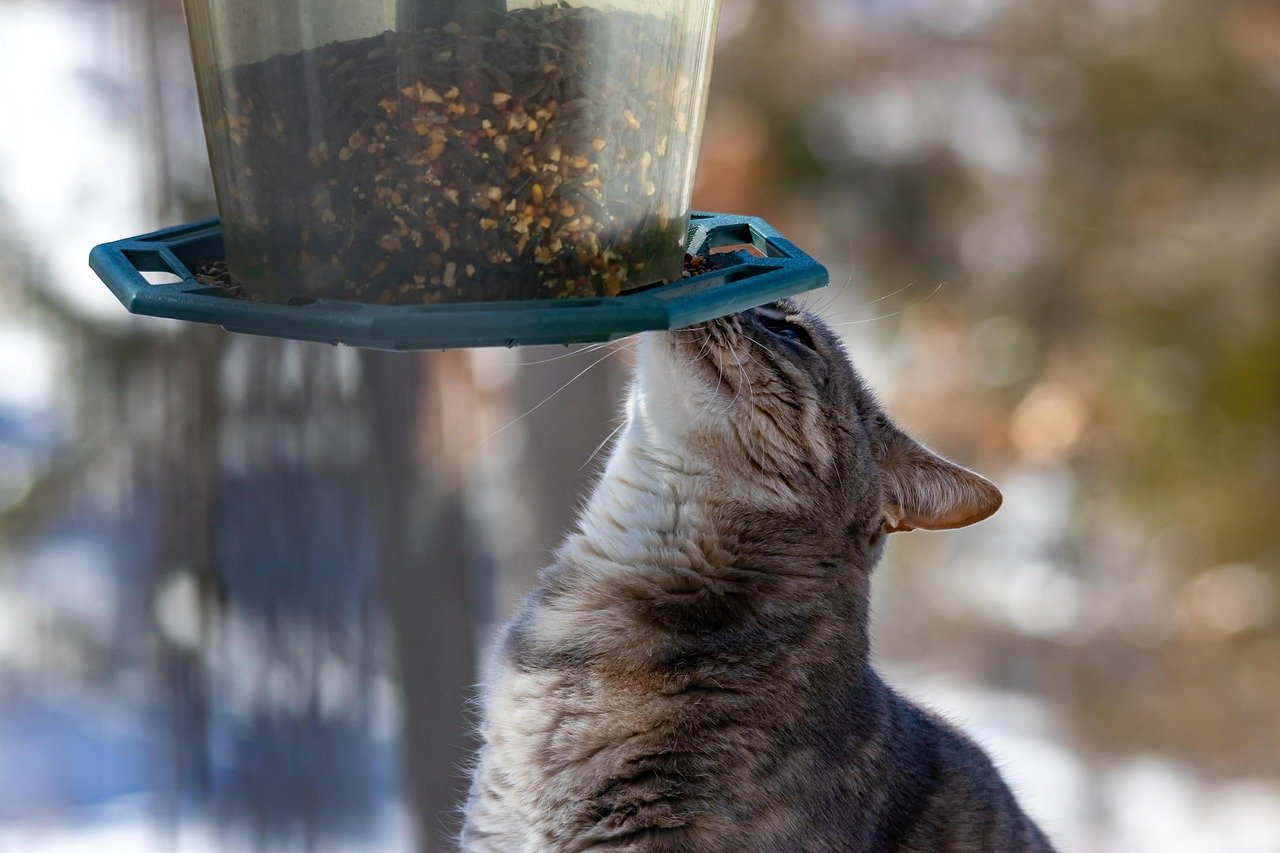
Food puzzles and slow feeders encourage your cat to use their brain and natural hunting instincts. These tools turn mealtime into a fun challenge, helping your cat feel accomplished and secure. Start with simple puzzles and gradually increase the difficulty as your cat gets the hang of it. Not only does this reduce boredom, but it also slows down fast eaters and promotes healthy habits. Watching your cat figure out a puzzle is a joy—you’ll see their curiosity and cleverness come alive. Providing these mental workouts is a great way to bond, even from a distance.
Allow Scent Marking
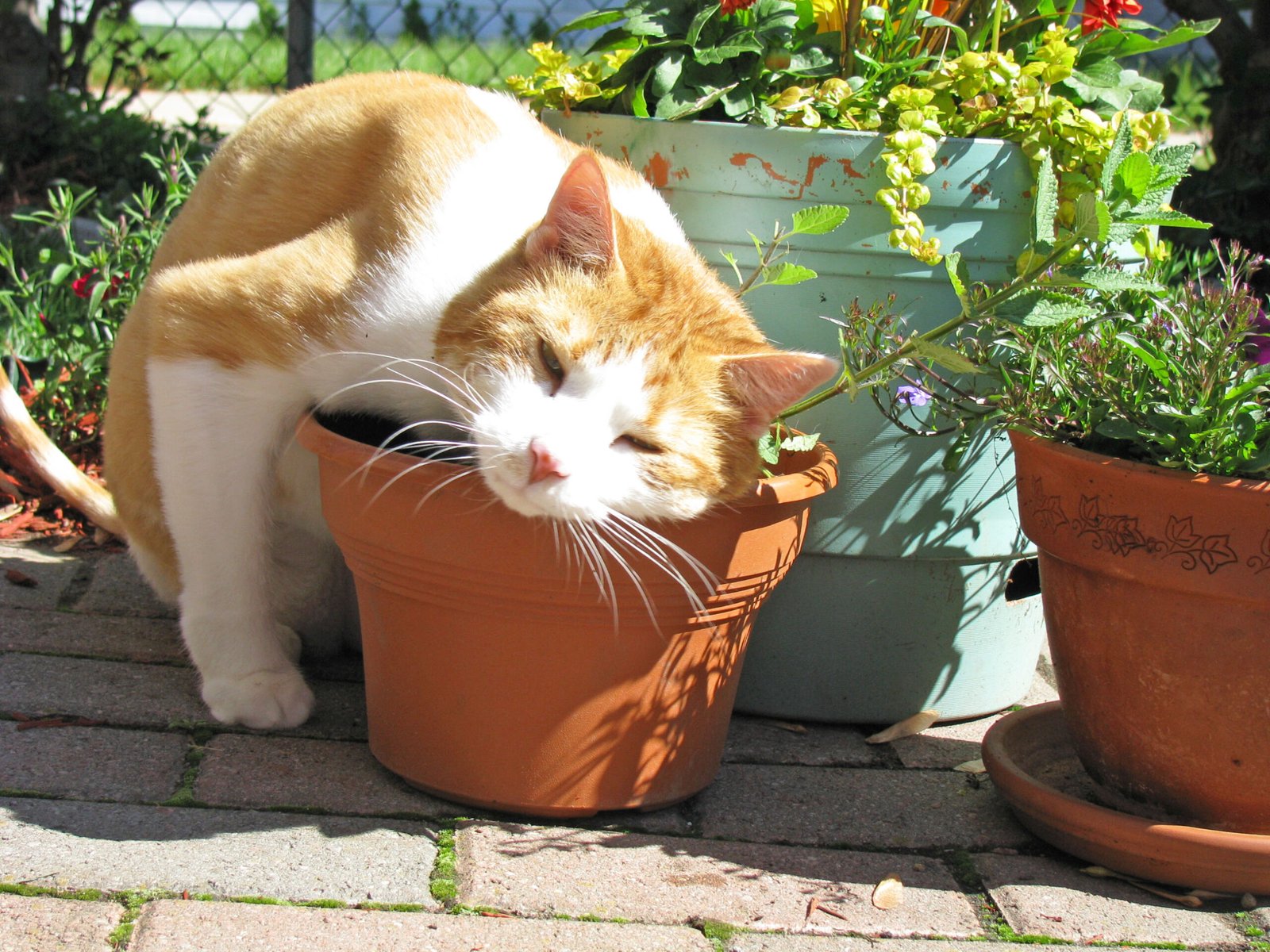
Cats have scent glands on their cheeks and paws, and they mark their territory by rubbing on objects around the house. Let your cat claim their space by leaving their scent on furniture, doorways, and favorite spots. Don’t rush to clean everything your cat rubs—these scent marks are signals of security. If you bring home new items, let your cat sniff and investigate at their own pace. Scent marking is like a cat’s signature—proof that they belong. By respecting this need, you help your cat feel more confident in their environment.
Observe and Adapt
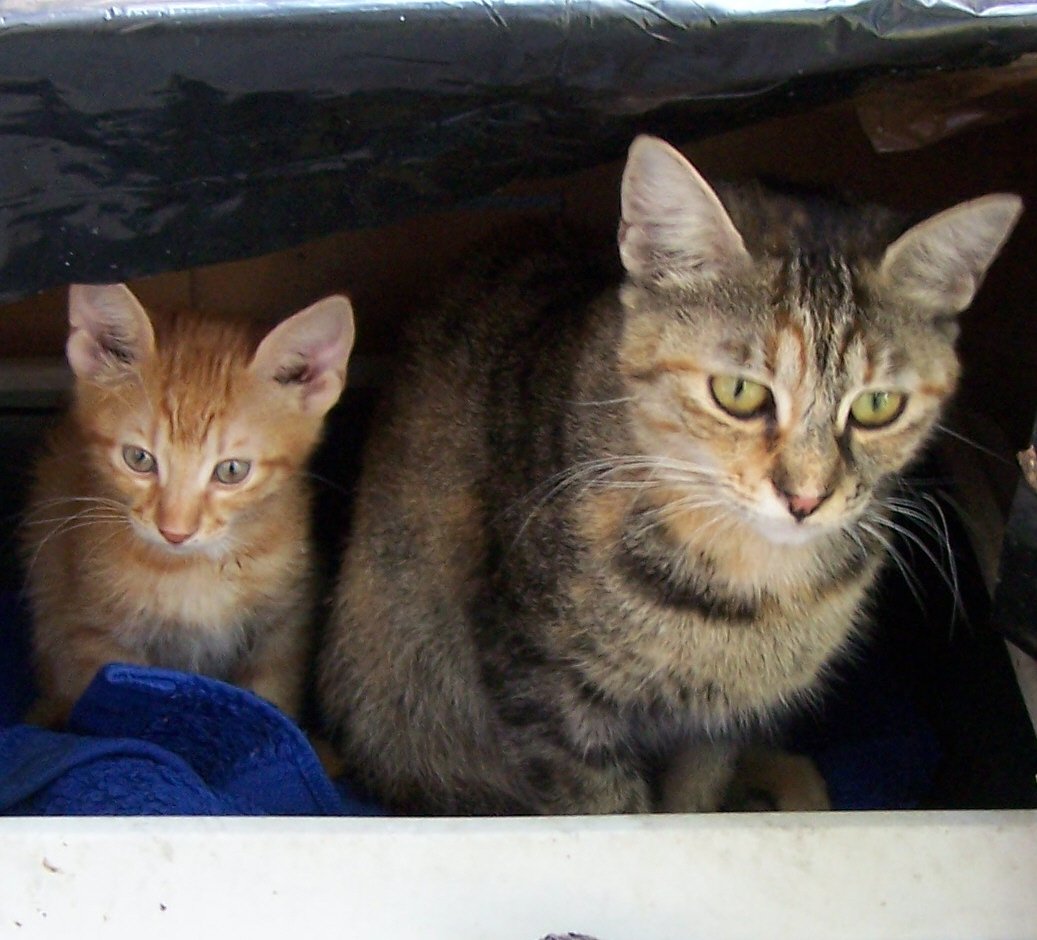
Every cat is unique, and what works for one might not for another. Spend time quietly observing your cat’s habits, preferences, and comfort zones. If you notice your cat avoiding certain areas or objects, adjust accordingly. Maybe they prefer a darker room or a quieter corner—you’ll only know by watching and learning. Be patient and open-minded, allowing your cat to lead the way. This willingness to adapt is the ultimate act of love for your feline companion. The more in tune you are with your cat’s needs, the more secure they’ll feel—no touch required.
Hi, I’m Bola, a passionate writer and creative strategist with a knack for crafting compelling content that educates, inspires, and connects. Over the years, I’ve honed my skills across various writing fields, including content creation, copywriting, online course development, and video scriptwriting.
When I’m not at my desk, you’ll find me exploring new ideas, reading books, or brainstorming creative ways to solve challenges. I believe that words have the power to transform, and I’m here to help you leverage that power for success.
Thanks for stopping by, Keep coming to this website to checkout new articles form me. You’d always love it!






